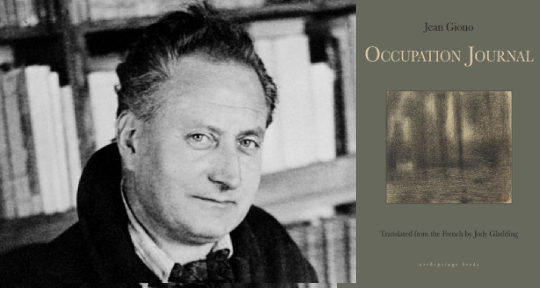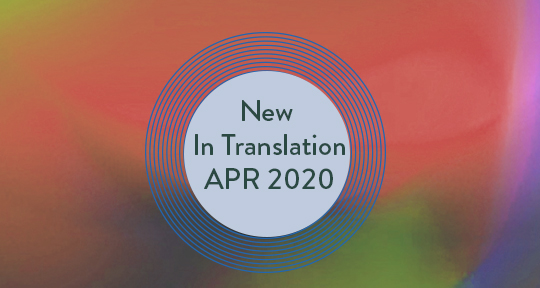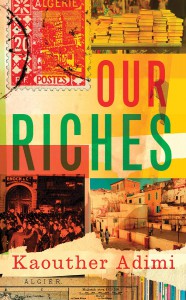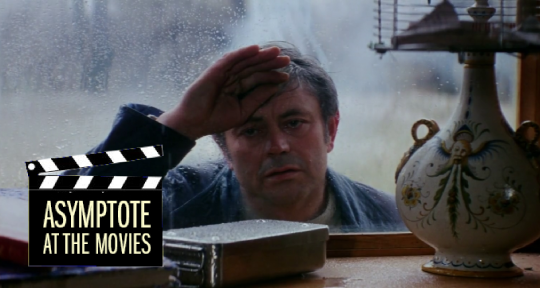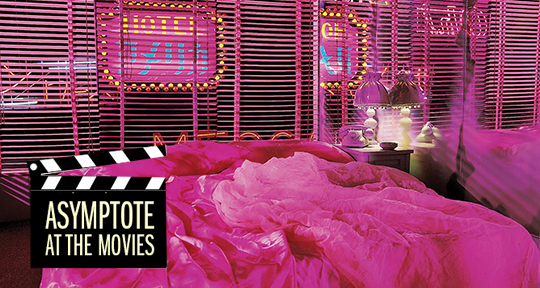With our Summer 2020 issue, Asymptote has brought together new work from thirty-one countries drawn under “This Strange Stillness,” acknowledging all the fearful, sorrowful, and newly arriving things that are in great need of language. It is a timely collection, though we also hope that it is a lasting one, as the texts of this issue remains full of beauty, grace, craft, as well as a knowledge of these unnerving times. If you are in need of a place to start, let our blog editors be your guide.
In these varying todays that blend into one another, I am thinking of Audre Lorde: “seeking a now that can breed / futures.” With the daily cycles of news, statistics, and corresponding tides of political turbulence, the act of reading is accompanied by the weight of scrutiny into factual truths, and the attempts to form a set of principles out of them. All this in the hope that the formidable now will be rescued into a manageable, comprehensible future. As readers and thinkers, we find ourselves in the position of insisting on the importance that literature has always taken, yet literature that thinks only of its utility is powerless—any potency can only result from a craft that knows equally of its form as it does its function.
In perusal of the Asymptote Summer 2020 issue, I returned to indulging in the pure pleasures of reading—linguistic play, secret collaborations of words, and the mysterious harmony of object, image, sound, and divinity that culminates in the sublimity of poetry. I took a particular joy in the Iranian lickos, an anonymous collection of the indigenous, oral poetic form. They are brief, curious, and contain both the wideness and aliveness of a language meant to be passed between two people. The couplets and tercets, translated brilliantly and cohesively by Mahdi Ganjavi, Amin Fatemi, and Mansour Alimoradi, possess a fluidity and attention that draw the beauty of simple conversation, and the immensity of a single day’s emotions, sharply into view. From petty humour to profound loss, their visual simplicity are an entryway into the profound origins of a poetics.
There is also a great vivacity in Sanja Mihajlovik-Kostadinovska’s “(In)Finite Models of the Short Story,” in which the concept of narrative itself is taken on a wild spin throughout its wanderings into people, places, things, feelings, and myths. Too often we are distracted by semantics, and Mihajlovik-Kostadinovska, along with translator Igor Popovski, bring the reader back into the exhilarating disarray of imagining, reorienting the story back into control of itself. READ MORE…


